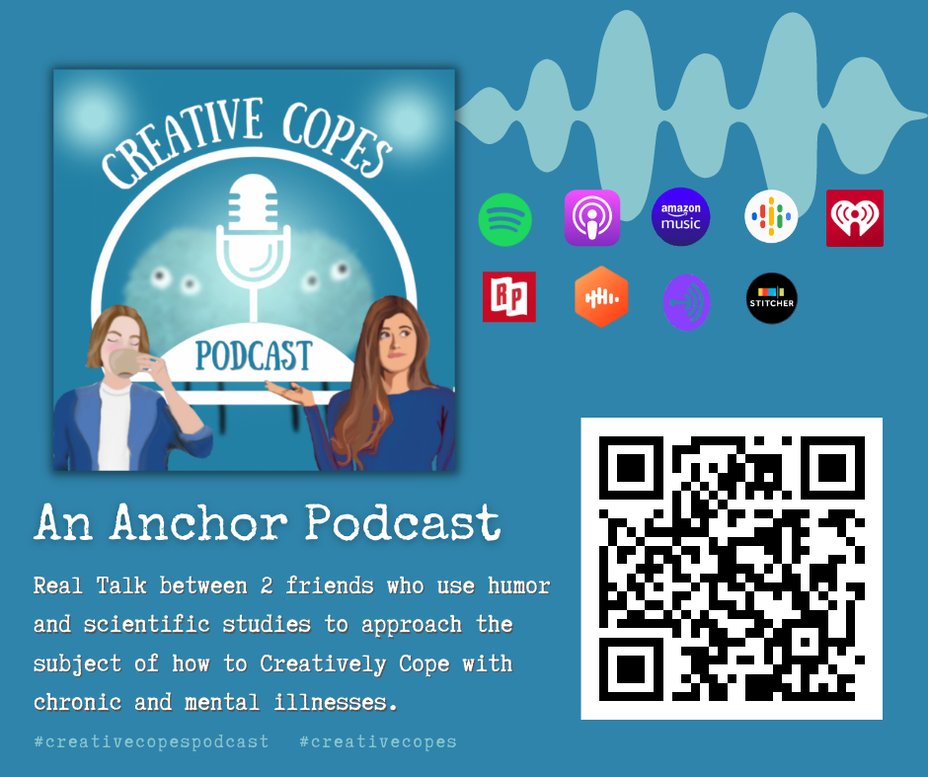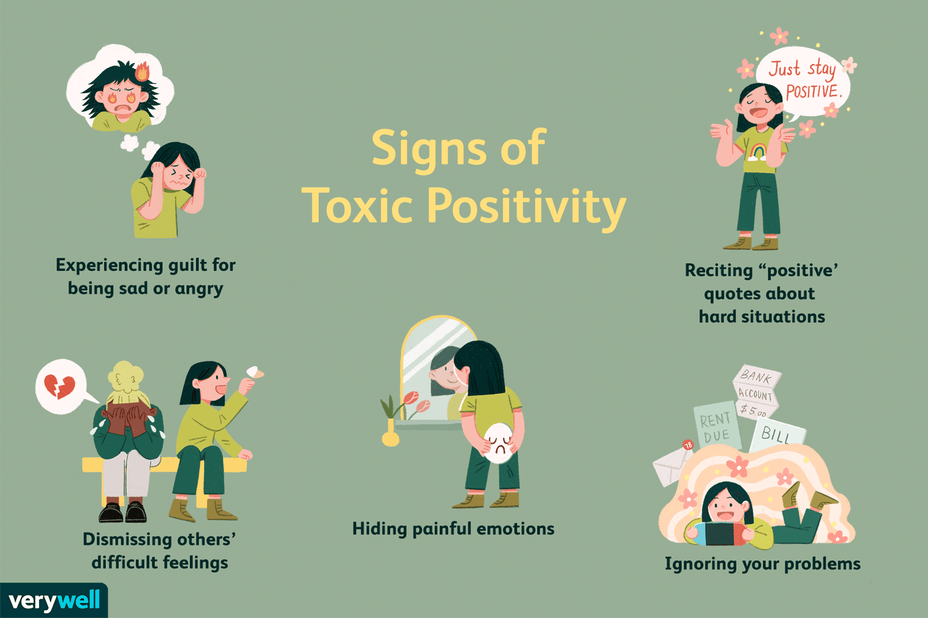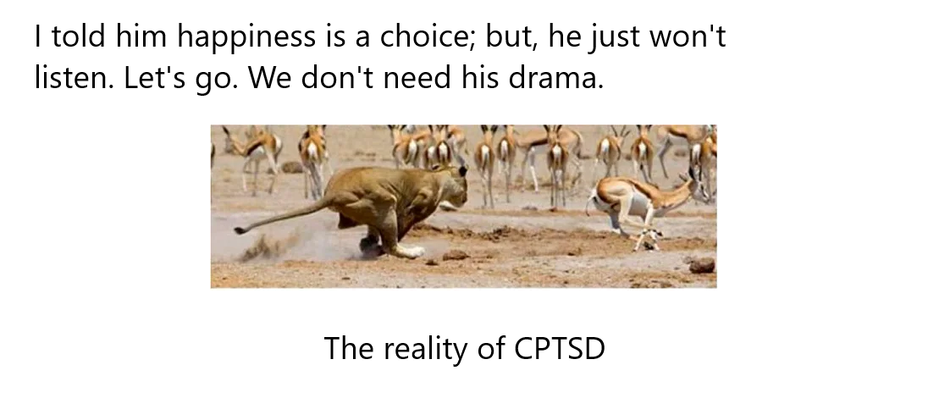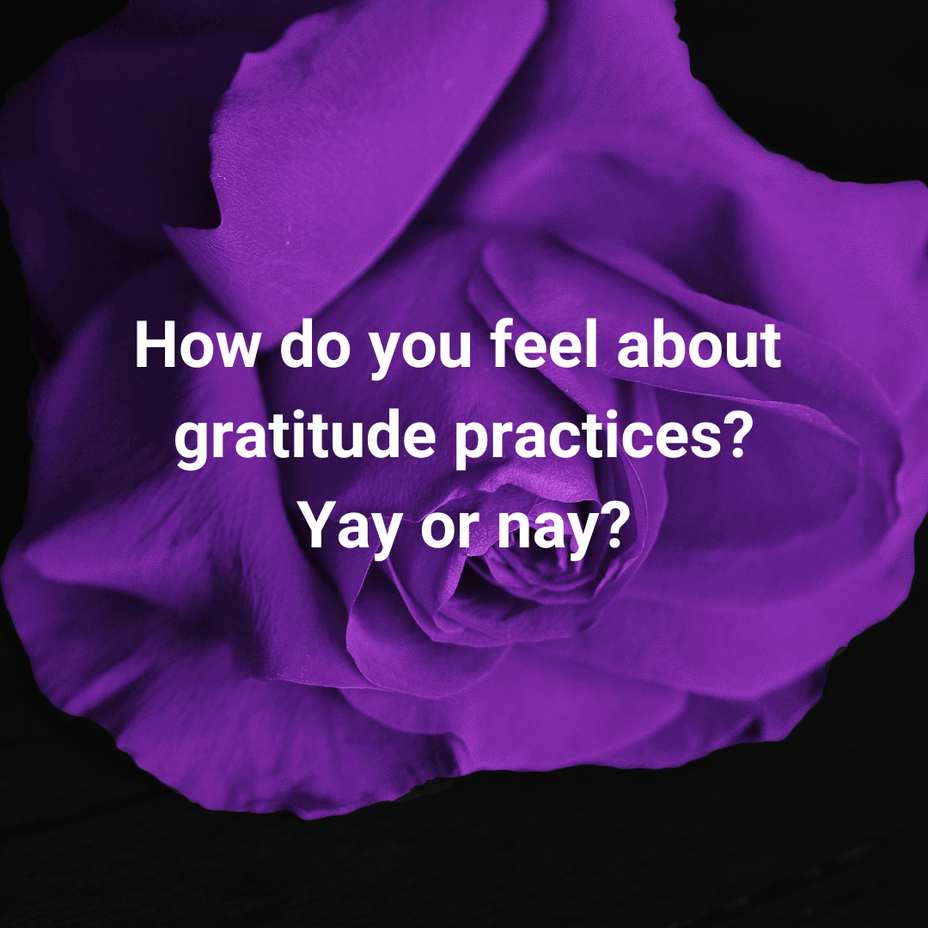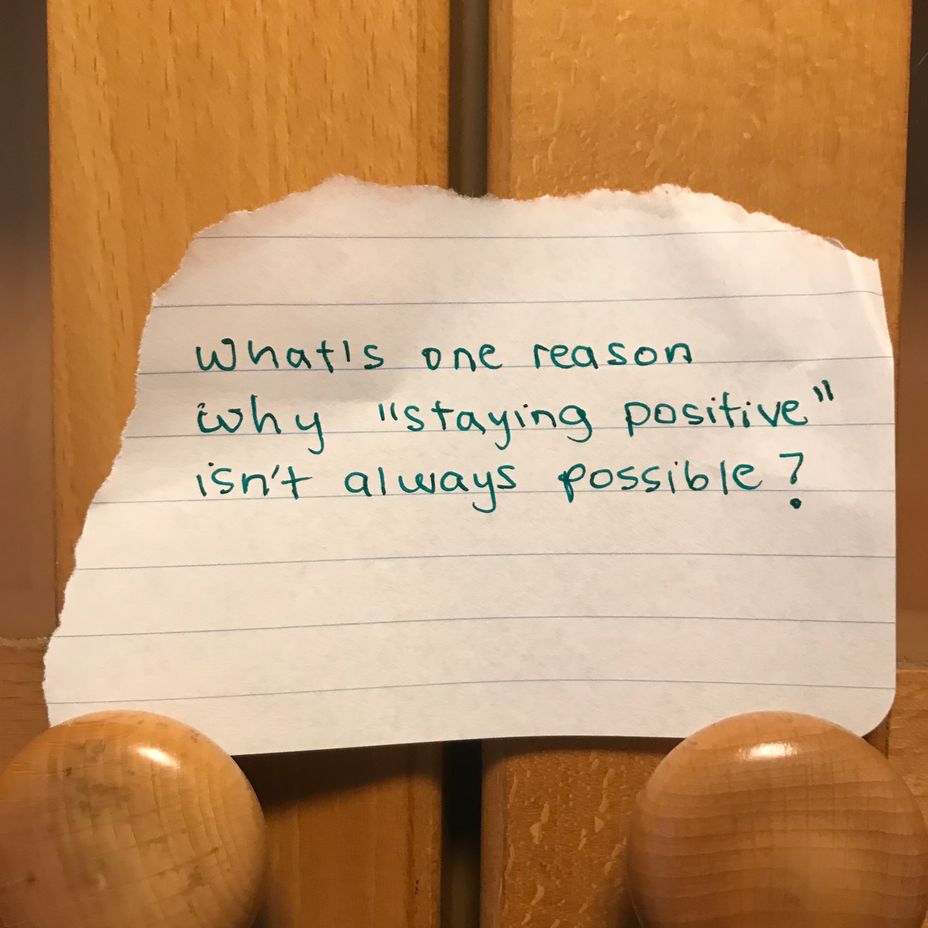I'm watching the news my boyfriend puts on every morning, and three of the news persons were talking about "toxic positivity" and what it is, but they didn't really say more than a sentence or two about it, and then the woman newscaster said she'd rather have positivity, because negative people are "toxic," and one of the guys agreed, saying, "Sometimes you just have to remind yourself to smile!" 🤬 🤬 🤬 🤬 🤬
Yes, too much negativity is toxic, but that's true of positivity, too. Who doesn't want to feel positive? One of the problems with calling people toxic--and I'm guilty of it, too--is that, although they may seem like they don't want help (or they have stopped believing they can be helped), it's based on many things and isn't fully a choice (IMO, based on what I've seen, heard, read, watched, experienced, etc.). It can be a combination of things, including various things in your body/health, the way you were raised, experiences, influences, beliefs, trauma, rewards, diet, exercise, your life situation, and more.
I'm just saying, you can't just choose to feel an emotion. You can change things, do things, try to find a new perspective, but that's not DIRECTLY choosing happiness, as they say. I will concede it's INDIRECTLY choosing to attempt to be happy (because you can't know if it'll work).
#Depression
#Toxicpositivity
